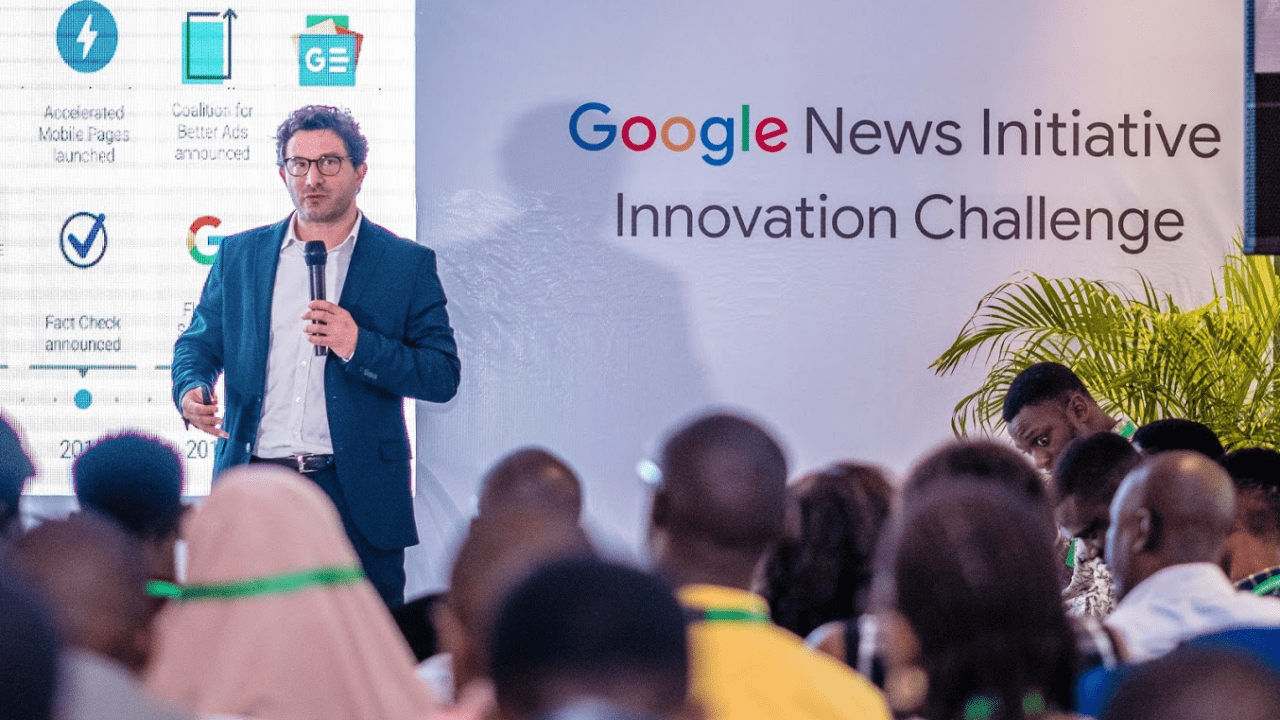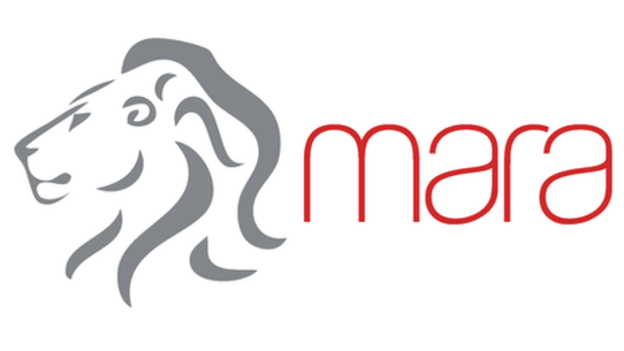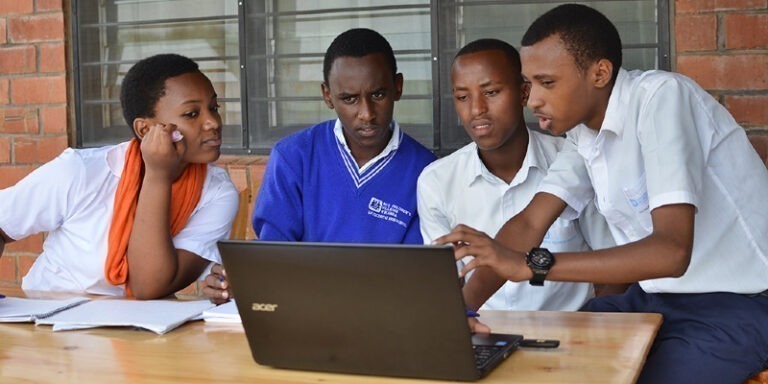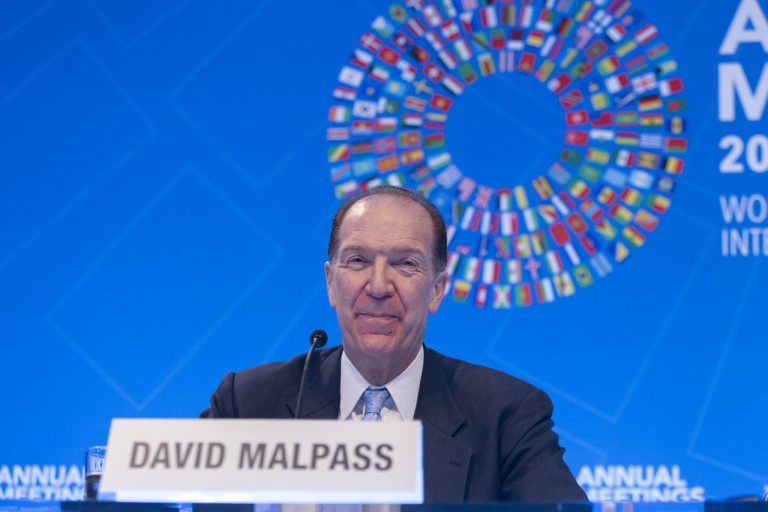Here are the 21 African Media Platforms Eligible for the 2022 Google News Initiative $150,000 Fund

The third Google News Initiative Innovation (GNI) Challenge winners have been revealed by Google, and they include 34 media platforms.
These award winners, who come from Turkey, the Middle East, Israel, and Africa, were chosen for their commitment to advancing inclusion, equality, and diversity in the journalistic sector.
21 awardees from ten African countries were on the 2022 list (Uganda-1, South Africa-5, Nigeria-5, Niger-1, Morocco-1, Kenya-2, Egypt-2, Congo-2, Burundi-1, Burkina Faso-1). The initiatives of these winners were selected from among hundreds of applicants from 42 different nations.
A set of criteria, including creativity, effect on the news ecosystem, diversity, equity, inclusion, inspiration, and feasibility, were used to make the ultimate decision.
GNI offers a once-in-a-lifetime chance for traditional publishers, news start-ups, and associations to present their concepts and project plans for the development of cutting-edge digital media ventures. Up to $150,000 and funding for 70% of the total project costs will be given to selected projects.
This year, we sought to broaden our criteria to include digital innovation initiatives that promote goals like reader engagement, new reader income, subscriptions, disinformation among other things Following a thorough assessment, a round of interviews, and a final jury selection, 34 projects from 17 countries were chosen to receive $3.2 million in funding.
Ludovich Blecher, Head of Innovation, Google News Initiative.
About the GNI Challenge
Over 200 projects in 47 countries have received funding under the GNI Innovation Challenge since it began in 2018. The task is a component of Google’s $300 million pledge to support journalism’s success, particularly in the digital era.
The number of applications from news organizations that perform fact-checking operations increased by 118% this year compared to prior GNI innovation challenges in the area.
Additionally, the number of planned projects incorporating AI and ML concepts increased dramatically. This is a reflection of how the news ecosystem is moving toward cutting-edge new data and technologies.
The GNI Innovation Challenge aims to strengthen news organizations throughout the world that are more interested in cutting-edge concepts in the field of online journalism. This challenge aims to assist these organizations in discovering new avenues for sustainability while also improving their comprehension of their local community.
Selected news organisations in Africa (in alphabetical order)
| Country | News Organisation |
| Burkina Faso | Association Des Blogueurs Du Burkina |
| Burundi | RegionWeek |
| Congo | Congo Check Afrikpic/Halvest Company |
| Egypt | Egyptian Streets OSH for Information Technology and Artificial Intelligence Research |
| Kenya | Nation Media Group PLC WANANCHI Reporting |
| Morocco | Morocco World News |
| Niger | African Development University |
| Nigeria | The Republic TheCable Dubawa, Centre for Journalism Innovation and Development HumAngle Media Foundation for Investigative Journalism (FIJ) |
| South Africa | Daily Maverick Quote This Woman+ Media Hack Collective Open Cities Lab Code for Africa (CfA) |
| Uganda | Minority Africa |
In 2020, 21 initiatives from 13 nations were funded as part of the initial Google News Initiative Innovation Challenge. The countries represented by awardees included Côte d’Ivoire, Ghana, Iraq, Israel, Jordan, Kenya, Lebanon, Morocco, Nigeria, Rwanda, South Africa, Turkey, and the United Arab Emirates.
Since 2019, the region has been participating in the Google News Initiative Innovation Challenge, with 43 concepts from 18 countries being chosen in the first two rounds.
In response to a request for suggestions to increase reader engagement and/or investigate new business models, the winners of the Innovation Challenges in 2019 and 2021 submitted their ideas. Among the possibilities were digital membership platforms and Arabic-language search capabilities.
Overall, the novel challenge will be beneficial in that it will increase the number of trained and skilled journalists on the continent.







